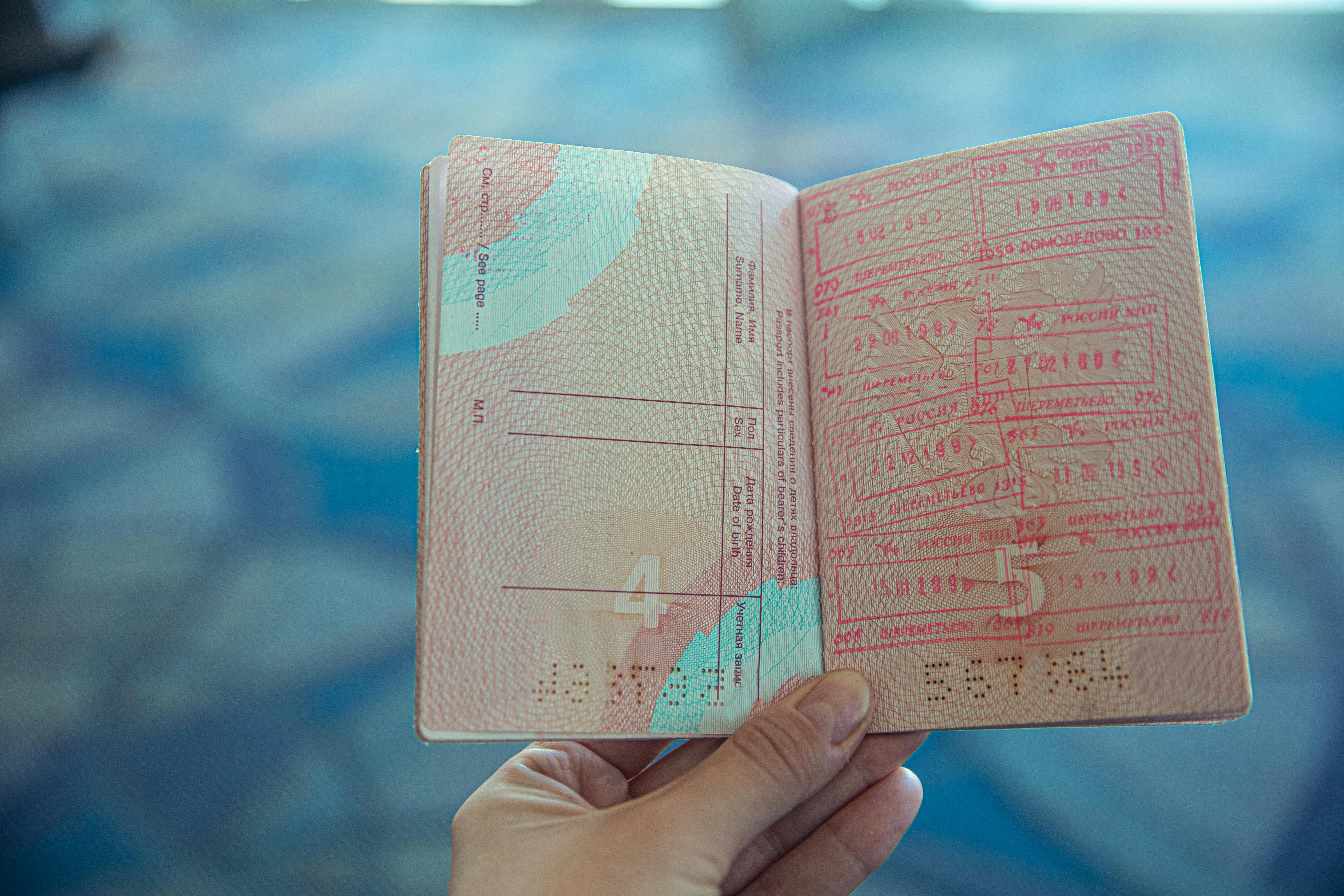Why Is Immigration a Political Issue?
It's about more than just borders. It's about who we are, who we want to be, and how we decide that together.
Immigration Politics in a Nutshell
-
It Defines a Nation
Immigration laws are a statement of national values, identity, and security priorities.
-
It's an Economic Debate
The discussion involves jobs, wages, and the economic contributions of immigrants versus the costs of social services.
-
It Wins (and Loses) Elections
Politicians use immigration as a powerful tool to mobilize voters and define their opposition.
Why Immigration Is More Than Just Moving
At first glance, immigration seems simple—people move from one country to another. But in the United States, this act fuels one of the most emotional and heated political debates. Why? Because immigration isn’t just about changing locations; it’s about changing the fabric of a nation. It forces a country to confront fundamental questions about identity, security, and economics.

People, Policy, and Power: What Makes Immigration Political
The Basics: Legal vs. Undocumented Immigration
In the U.S., there’s a critical line between legal and undocumented (often called illegal) immigration. Legal immigration means you have government permission, like a work visa, green card, or U.S. citizenship. Undocumented immigration means entering without authorization or overstaying a visa. This is where politics ignites. How should the country treat the millions of people living in the shadows? How strict should the rules be for those who want to enter legally? These questions reveal deep political divides.
How the Two Parties See It
The Republican and Democratic parties have starkly different visions:
- The Republican Party, especially since the Trump administration, often emphasizes border security and stricter enforcement. This includes policies like building a border wall, increasing deportations, and limiting pathways to citizenship. The focus is on controlling who comes in.
- The Democratic Party generally supports more inclusive policies. This often includes creating pathways to citizenship for undocumented immigrants, particularly for "Dreamers" protected under DACA (Deferred Action for Childhood Arrivals), and streamlining the legal immigration process.
Immigration is political because these aren't just policy disagreements; they are debates over core national values.
Fear vs. Opportunity
The debate is often framed as a conflict between fear and opportunity. Some argue that immigrants take jobs, strain social services, and threaten national culture. This narrative can be a powerful motivator in elections. Others argue that immigrants are essential to the economy, filling critical jobs, starting businesses at high rates, and enriching American culture. Books like This Land Is Our Land by Suketu Mehta make a passionate case for the benefits of immigration.

From the Border to the Ballot Box
Why the U.S.–Mexico Border Is So Important
The southern border has become the central symbol of the entire immigration debate. It’s a focal point for security concerns, humanitarian crises, and political theater. The actions of agencies like the U.S. Border Patrol and the images of migrant families seeking asylum shape public perception and drive policy. Trump's focus on a border wall wasn't just about security; it was a powerful political statement that resonated with millions of voters.
Personal Stories Put a Face on Policy
It’s easy to argue about immigration as an abstract issue. But personal stories change the conversation. Books like Tell Me How It Ends by Valeria Luiselli, which documents the experiences of child migrants, cut through the political noise. They remind us that behind the laws and statistics are real people and families, making the political personal. In The Far Away Brothers, author Lauren Markham tells the true story of two teenage brothers fleeing violence in El Salvador, showing how policy affects real lives.

So Why Is Immigration a Political Issue?
Because it forces us to answer fundamental questions about who we are as a country:
- National Identity: Who is an “American”? Who gets to decide?
- Security: How do we balance national security with humanitarian values?
- Economics: Do immigrants help or hurt the economy?
- Values: Is America a melting pot, a sanctuary, or a nation with defined borders that must be protected at all costs?
Politicians argue over these questions. Voters are moved by them. And people’s lives are shaped by the answers.
Where do you stand on immigration?
Your views on immigration are a key part of your political identity. Find out how your beliefs align with the bigger picture by taking our AI-powered test.
Take the Free Test The Global Shift Network
The Global Shift Network